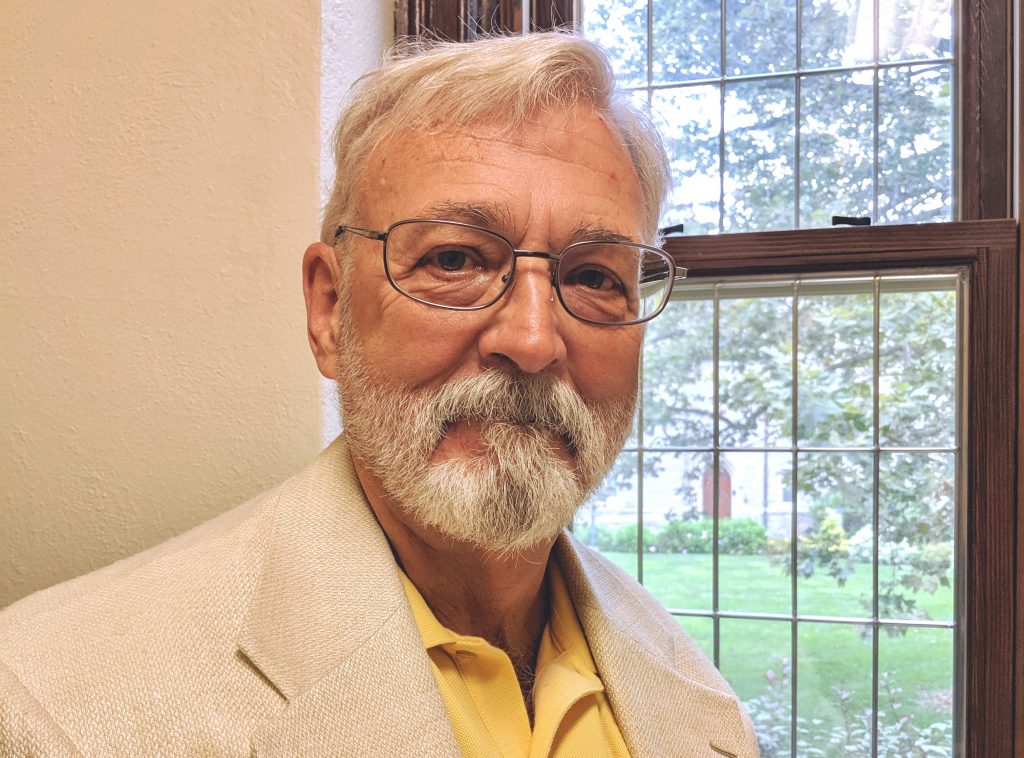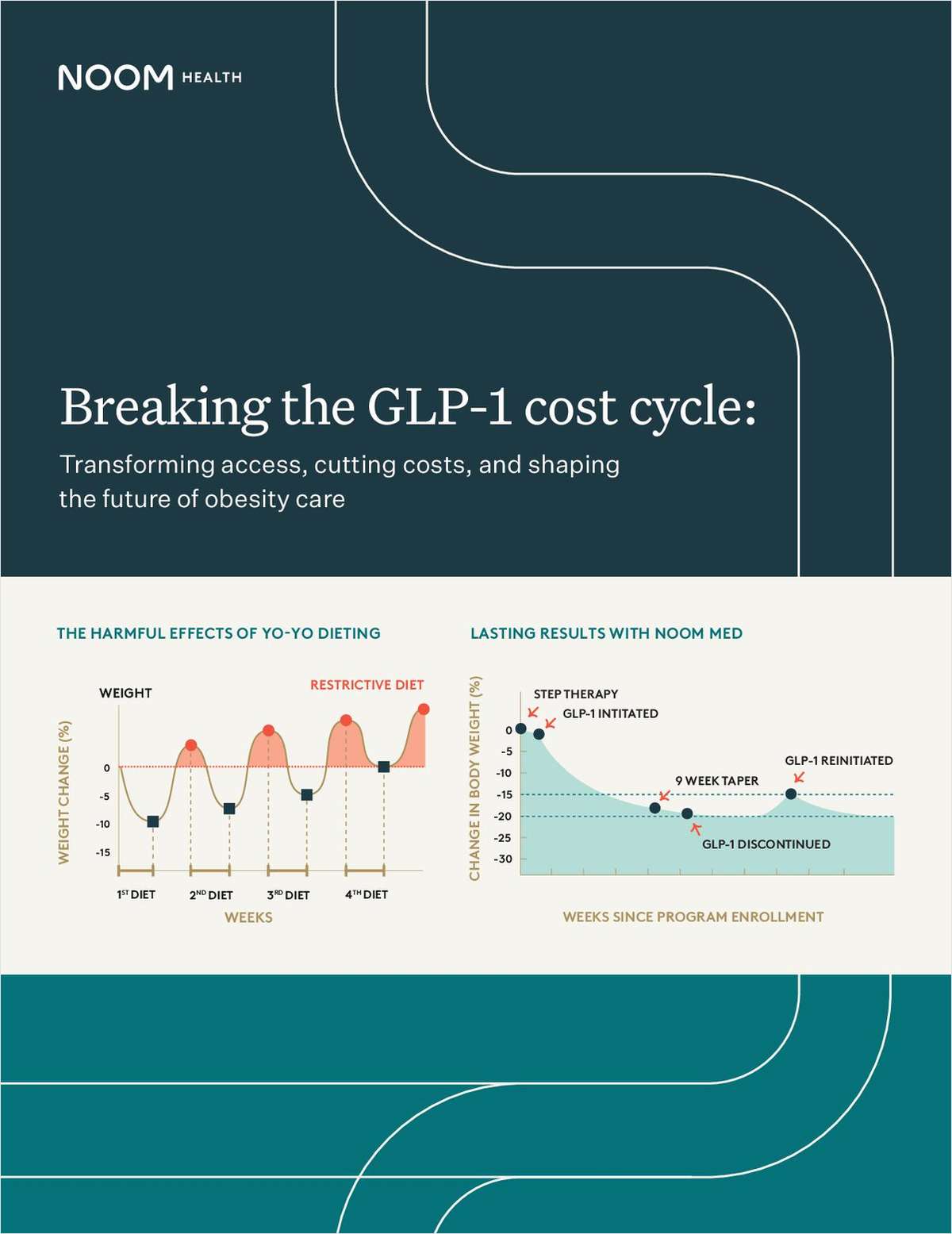Back in the Saddle After Sabbatical: Dubois Teaching Law
After about 20 years in lawyering, I took some time and wound up teaching at UConn Law School for a few years. Well, guess where I'm headed again this fall?
August 26, 2019 at 10:15 AM
5 minute read
 Former state Chief Disciplinary Counsel Mark Dubois.
Former state Chief Disciplinary Counsel Mark Dubois.
A bit over six months ago I announced a sabbatical. After 40-plus years laboring in the legal vineyards I needed to step back, recharge my batteries and focus on the next chapter. Actually, it wasn't really 40 years, because once before, after about 20 years in law and lawyering, I took some time and wound up teaching at UConn Law School for a few years. Well, guess where I'm headed again this fall?
When I mention to colleagues that I have taught at all three of Connecticut's law schools (both full time and part time) for about two decades, I steady myself for the expected (and pretty universal) response: "Law school? Let me tell you what is wrong with legal education today!" I never realized how many folks thought and think the Socratic method a bore (or a mean-spirited torture) and yearned for a different experience than the one they got when they were in school.
My response is that I am not on the doctrinal side (except when I teach ethics), so I can't really say whether there's a better way, though Richard Posner has an interesting syllabus for his evidence course at Chicago where he teaches the black-letter law (Federal Rules of Evidence) in the context of what lawyers actually do with evidence rules (try cases) and that's kind of the way I teach ethics. I know others do this too, for instance, tracking interesting contracts cases in the courts while at the same time teaching the basics of contract law or making civil procedure students attend court sessions. Things have changed since many of my friends graduated.
I'm going back to the program where we deal with the nuts and bolts of legal research, analysis, written advocacy, client counseling, negotiation and such. We call it "Legal Practice." Most schools have pretty robust programs like this now. I like it because we show the relationship between the rubber and the road. The problems I and my colleagues use are all taken from our varied practice experience or from interesting cases, many of recent vintage. Illustrating concepts in context this way gives the students a feel for how it all fits together.
Last year, after a lecture where I worked through a complaint, and answer, special defenses and a motion for summary judgment and showed the class how they'd all form the basis for their research and the memo in opposition they'd be drafting, I was approached by a colleague from the library who was helping me teach research. She said that she'd been an associate at a very big firm for several years before she ever saw a complaint. I don't think firms take as much time now training young lawyers; they expect them to be "practice-ready" when they start. Many go right from school to shingle.
I also think the program is important because, as I understand it, the bar exam now includes "problem solving" questions, where the applicants are given a memo, some facts or exhibits and several cases, and are asked to write a position paper or otherwise respond to the memo. I suspect some of the problem with low bar pass rates is most schools teach these skills early in the law school curriculum, and the students have forgotten how to do it efficiently by the time they're taking the exam. Subject-matter knowledge and mastery is still important, but it seems to me that the examiners may be testing for "practice-ready" status as much as rote learning knowledge.
I'm going to maintain a relationship with my former firm because they're great people and this teaching gig is for only nine months. Also, I got permission to "consult" a bit, and as I'll be at UConn, I don't want to run into the State Code of Ethics prohibition on use of state facilities and equipment for private purposes. My firm phone will still ring on my cell, as it has since I started the sabbatical, and I expect to continue to offer my time and thoughts to all comers. Most times, all I do is give some quick advice, and if folks insist on paying, I tell them to donate to Capitol Prep's football program. I'll limit what work I take because teaching is going to be my first priority. My colleagues in the firm and the bar will be glad to take on anything I can't.
I will continue to be involved in offering CLEs, hopefully building on the beginnings of a "senior lawyer" program at the CBA to help folks like me transition to retirement or part-time work. I also hope to continue to share my thoughts in this column, as there are some fascinating things going on with creating new legal service delivery models, promoting access to justice on the civil side and defining the scope of the practice of law. It's also thrilling to be back in school, and I expect to learn as much as I teach. My colleagues are interesting and pursue a huge variety of fascinating research.
As soon as the weather breaks. I'll get out my old tweed jacket with the leather patches on the elbows and holes in every pocket. While I'd hoped students would call me "Mr. Chips," I'm afraid the literary reference is lost on this generation. If they call me anything now, it'll probably be Colonel Sanders.
Mark Dubois was Connecticut's first chief disciplinary counsel. He's on a leave from Geraghty & Bonnano of New London while he teaches at UConn Law. He can be reached at [email protected].
This content has been archived. It is available through our partners, LexisNexis® and Bloomberg Law.
To view this content, please continue to their sites.
Not a Lexis Subscriber?
Subscribe Now
Not a Bloomberg Law Subscriber?
Subscribe Now
NOT FOR REPRINT
© 2025 ALM Global, LLC, All Rights Reserved. Request academic re-use from www.copyright.com. All other uses, submit a request to [email protected]. For more information visit Asset & Logo Licensing.
You Might Like
View All
ADVANCE Act Offers Conn. Opportunity to Enhance Carbon-Free Energy and Improve Reliability With Advanced Nuclear Technologies

Trending Stories
Who Got The Work
J. Brugh Lower of Gibbons has entered an appearance for industrial equipment supplier Devco Corporation in a pending trademark infringement lawsuit. The suit, accusing the defendant of selling knock-off Graco products, was filed Dec. 18 in New Jersey District Court by Rivkin Radler on behalf of Graco Inc. and Graco Minnesota. The case, assigned to U.S. District Judge Zahid N. Quraishi, is 3:24-cv-11294, Graco Inc. et al v. Devco Corporation.
Who Got The Work
Rebecca Maller-Stein and Kent A. Yalowitz of Arnold & Porter Kaye Scholer have entered their appearances for Hanaco Venture Capital and its executives, Lior Prosor and David Frankel, in a pending securities lawsuit. The action, filed on Dec. 24 in New York Southern District Court by Zell, Aron & Co. on behalf of Goldeneye Advisors, accuses the defendants of negligently and fraudulently managing the plaintiff's $1 million investment. The case, assigned to U.S. District Judge Vernon S. Broderick, is 1:24-cv-09918, Goldeneye Advisors, LLC v. Hanaco Venture Capital, Ltd. et al.
Who Got The Work
Attorneys from A&O Shearman has stepped in as defense counsel for Toronto-Dominion Bank and other defendants in a pending securities class action. The suit, filed Dec. 11 in New York Southern District Court by Bleichmar Fonti & Auld, accuses the defendants of concealing the bank's 'pervasive' deficiencies in regards to its compliance with the Bank Secrecy Act and the quality of its anti-money laundering controls. The case, assigned to U.S. District Judge Arun Subramanian, is 1:24-cv-09445, Gonzalez v. The Toronto-Dominion Bank et al.
Who Got The Work
Crown Castle International, a Pennsylvania company providing shared communications infrastructure, has turned to Luke D. Wolf of Gordon Rees Scully Mansukhani to fend off a pending breach-of-contract lawsuit. The court action, filed Nov. 25 in Michigan Eastern District Court by Hooper Hathaway PC on behalf of The Town Residences LLC, accuses Crown Castle of failing to transfer approximately $30,000 in utility payments from T-Mobile in breach of a roof-top lease and assignment agreement. The case, assigned to U.S. District Judge Susan K. Declercq, is 2:24-cv-13131, The Town Residences LLC v. T-Mobile US, Inc. et al.
Who Got The Work
Wilfred P. Coronato and Daniel M. Schwartz of McCarter & English have stepped in as defense counsel to Electrolux Home Products Inc. in a pending product liability lawsuit. The court action, filed Nov. 26 in New York Eastern District Court by Poulos Lopiccolo PC and Nagel Rice LLP on behalf of David Stern, alleges that the defendant's refrigerators’ drawers and shelving repeatedly break and fall apart within months after purchase. The case, assigned to U.S. District Judge Joan M. Azrack, is 2:24-cv-08204, Stern v. Electrolux Home Products, Inc.
Featured Firms
Law Offices of Gary Martin Hays & Associates, P.C.
(470) 294-1674
Law Offices of Mark E. Salomone
(857) 444-6468
Smith & Hassler
(713) 739-1250












